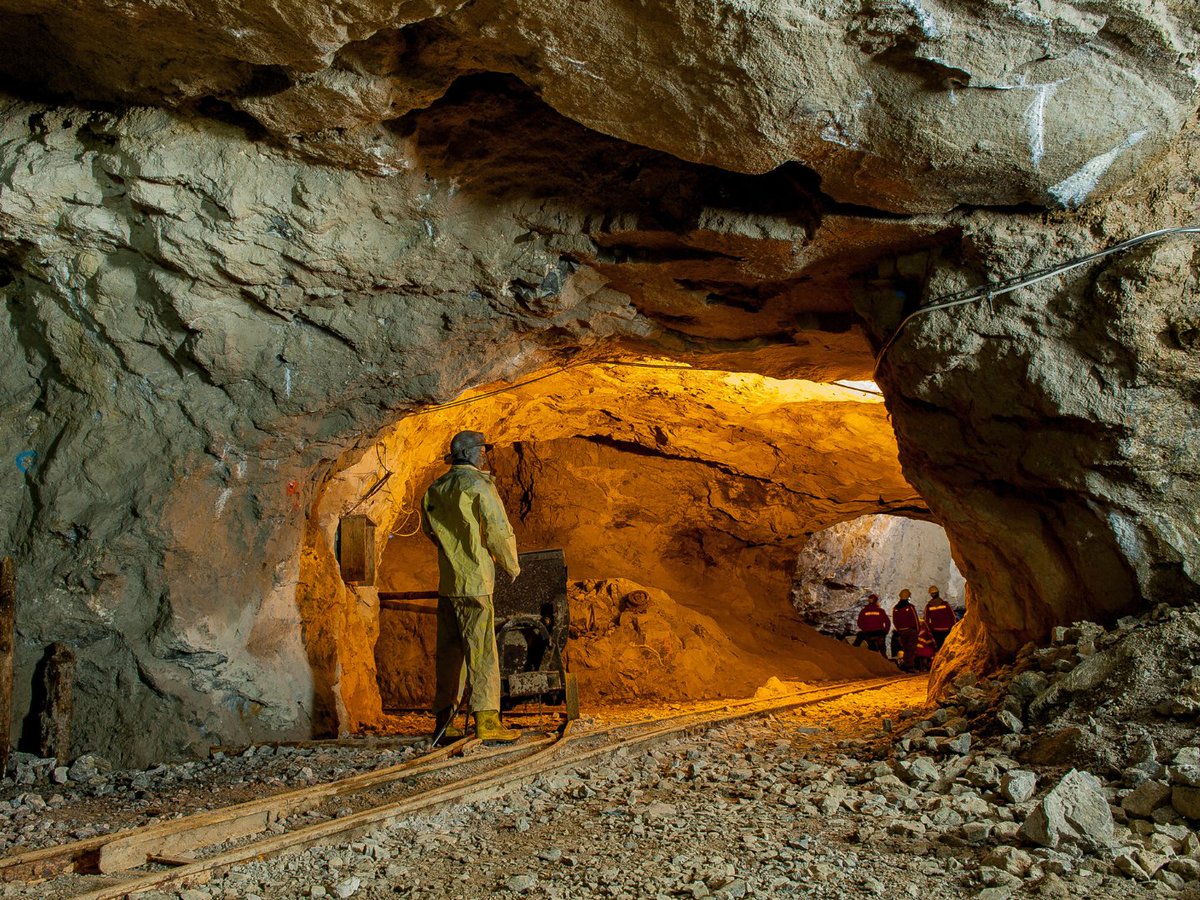
Las Vegas… Diamond market conditions improved in December as US and Chinese holiday demand helped raise sentiment. Polished prices stabilized and improved for sizes under 1 carat, supported by shortages of G+, VS2+ goods. High-end qualities (F+, VVS+) of 3 carats and larger diamonds remain weak.
The RapNet Diamond Index (RAPI™) for 1-carat diamonds slid 0.2% in December and 5.3% for the full year. The index for 0.30- and 0.50-carat stones firmed in the fourth quarter following steep declines earlier in the year.
The market in 2019 was supply-driven, as noted in the Diamond Price Statistics Annual Report that appears in this month’s issue of Rapaport Magazine.
An oversupply of diamonds set a negative tone, leaving the trade with numerous diamonds that were difficult to sell. Inventory levels declined in the fourth quarter, but there were a lot of lower-quality goods still available at the end of December.
The year also saw a change in consumer patterns. Multi-channel jewelry shopping and online diamond trading gained momentum. That gave buyers access to larger inventories and more information about the goods, enabling them to cherry-pick the best-quality stones and leaving the trade with large quantities of less desirable merchandise.
The industry in 2019 also endured tight manufacturing profits, a reduction in bank credit, and cautious Far East demand resulting from uncertainty about the US-China trade war and Hong Kong protests.
There is some optimism for the new decade. The industry can expect lower rough supply, market consolidation, further changes to the way diamonds are bought and financed, greater use of technology, an emphasis on ethical sourcing, and segmentation of lab-grown and natural diamonds into distinct markets, as the December 2019 Rapaport Research Report predicts.
To navigate these trends and bring about an upswing in diamond prices, the industry must invest in marketing and develop more efficient processes and inventory management. Diamond jewelry sales must outperform the last decade’s and should exceed $100 billion by 2030.
Source: DCLA



No comments:
Post a Comment